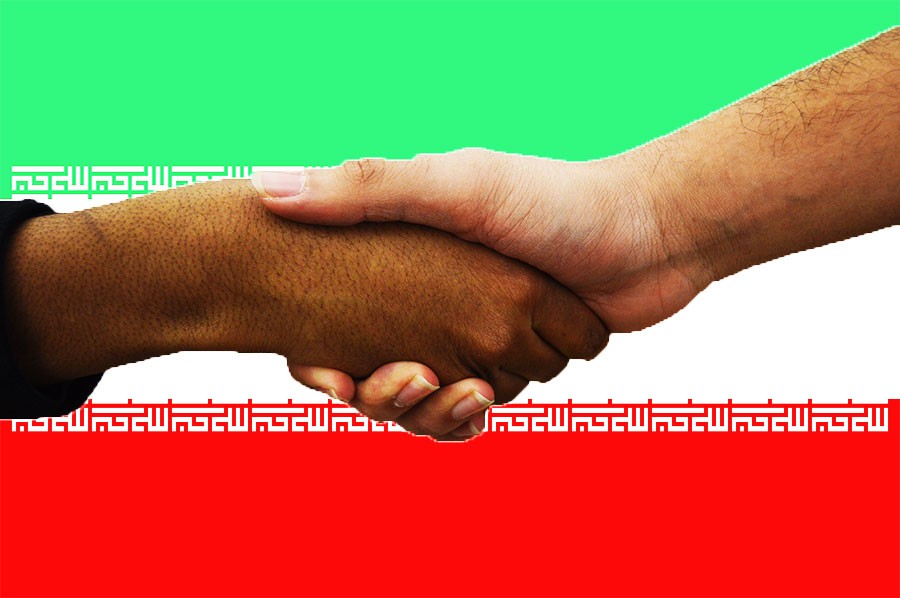WORLD POWERS NEGOTIATE NUCLEAR DEAL WITH IRAN
Iran has reportedly taken the first steps as part of the finalized Iran Nuclear weapons deal.
February 26, 2016
On Jan. 16, 2016, the International Atomic Energy Agency (IAEA) confirmed that Iran had taken the necessary initial steps under the Joint Comprehensive Plan of Action (the Iran Deal) following the finalization of the negotiation on July 14, 2015. This deal serves to ensure that Iran’s nuclear program remains exclusively peaceful in order to maintain global security.
The United States in partnership with other major world powers – the United Kingdom, Russia, China and the European Union – has negotiated a deal with Iran over a process of two years to keep Iran from obtaining, developing, or seeking nuclear weapons as a measure for international safety.
Iran has just completed the first checkpoints in this long-term process, which consist of shipping 25,000 pounds of uranium out of the country and giving the United States full access to its current nuclear facilities.
Sophomore and member of the SHS Muslim Student Association and Young Politicians Bijo Matthew says, “Allowing Iran access to nuclear isotopes, refined or not, was an unnecessary and illogical decision. I think it was a good idea for the [United States] to intervene; Iran needs supervision.”
To achieve Iran’s full cooperation in this contract, the United States has agreed to lift purely nuclear-related sanctions on Iran while still being able to keep all other sanctions in place. This is done in exchange for the ability to block all of Iran’s three pathways to acquiring a nuclear weapon: uranium at the Natanz and Fordow Facility, access to weapon-grade plutonium, and access to fissile material production.
In fact, the blocking of Iran’s nuclear resources has significant effects. For example, the time it would take Iran to build a nuclear bond without this deal in place is only 2 to 3 months, posing a large threat to international safety.
Advanced Placement Government teacher Mr. Robert Ash comments, “[The plan is] not strict enough. Nuclear weapons have the ability to end all life on Earth. All nuclear weapon production and testing need to be banned for all countries, along with the gradual dismantling of all that are in existence.”
However, while the United States is lifting their nuclear-related sanctions on Iran, sanctions identifying Iran as a state sponsor of terror still remain in place as well as sanctions on missile technology and weaponry. In addition, the United States still reserves the right to intervene in Iran’s abuses of human rights as well as target anyone connected with Iran’s support of terror.
Sophomore and member of SHS Young Politicians Amrita Kapat says, “I think the United States intervening in this issue will pay off. This is a necessary measure for [international] security and remaining neutral would not have helped anything.”
However, the doubt about Iran’s ability to covertly develop nuclear weapons is still a concern. Therefore, under the negotiation, Iran promises to undergo consistent monitoring and inspection of their nuclear agencies, including periodic checks by the IAEA.
In the words of President Obama, “Ensuring the security of the United States and the safety of our people demands a smart, patient, and disciplined approach to the world.” Powers from all over the world have come together with the intention of ensuring this, and hope to improve foreign relations and global safety through this deal.



















